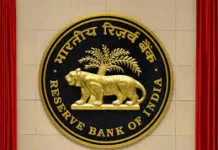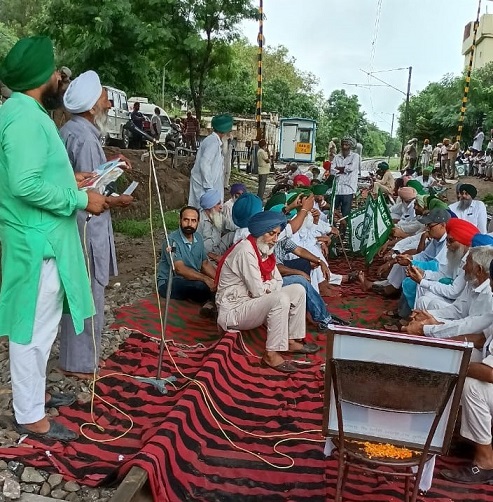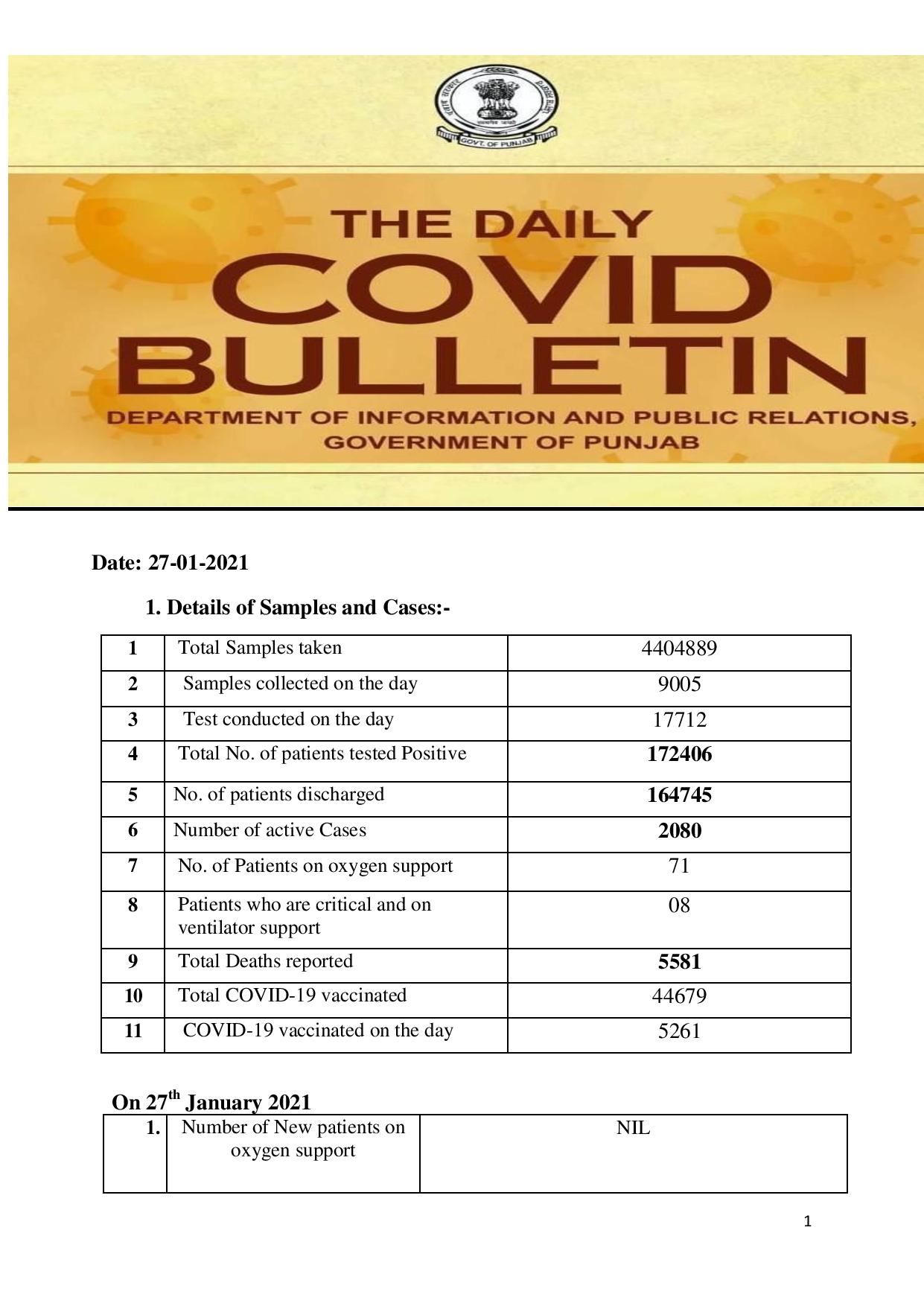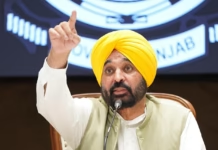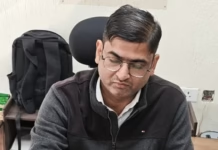GIEAIA alerts CVC about the “Non-implementation of 2-Year Cooling-off Period Post-Superannuation” in insurance companies
Kanwar Inder Singh/ royalpatiala.in News/ September 11,2023
General Insurance Employees’ All India Association has taken up the serious lapses in implementing the govt orders regarding the two-year cooling off period post-superannuation with the Central Vigilance Commission (CVC).
Trilok Singh general secretary of GIEAIA had written a letter to the Chairman, CVC said , “We are writing to bring to your esteemed attention a pressing issue concerning the compliance with the mandatory two-year cooling-off period by certain senior executives after their superannuation from public sector insurance companies. There exists a well-established rule that mandates senior executives to observe a two-year cooling-off period before engaging in any commercial employment subsequent to their superannuation. Unfortunately, we have observed instances where this rule is being circumvented, with some senior executives swiftly joining clients, brokers, third-party administrators, and private insurance companies immediately after their retirement.”
Singh further highlighted, “how many Deputy General Managers (DGMs) and General Managers (GMs), who have been entrusted with sensitive responsibilities in operational offices or had access to confidential commercial information, are affiliating themselves with these private entities. Such appointments raise concerns about the possibility of these actions being related to their previous roles or the utilization of their experience for future business endeavors with the same insurance companies.”
The association pointed that, there are instances where senior executives have allegedly taken advantage of their positions by approving significant claims during the months leading up to their retirement. Furthermore, they have appointed individuals who are likely to continue supporting these entities in claims settlement even after their departure. These executives are often granted No Objection Certificates (NOCs) by their respective insurance companies, possibly owing to their influence within those organizations, and they are appointed as consultants with salaries that may appear disproportionate in relation to their qualifications and abilities. Moreover, their frequent visits to their former workplaces in attempts to interact with their former colleagues raise concerns about the interests of public sector insurance companies being influenced.
A spokesperson of the association said “even the Insurance Regulatory and Development Authority of India (IRDAI) prescribes a two- year post-retirement employment restriction for its members. Nevertheless, it is Perplexing that in the public sector insurance industry, NOCs are routinely issued without rigorous scrutiny. There is neither a proactive withdrawal of these executives from important and sensitive roles prior to their superannuation nor adequate oversight regarding their subsequent employment with the same companies or broking houses they interacted with before retirement.
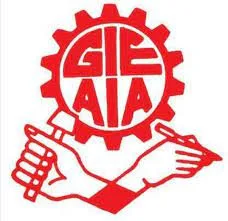
The association requested the Central Vigilance Commissioner, “in view of these concerns, we earnestly request your intervention to extend the application of this rule (2 year cooling off) to officers of the Department of Financial Services (DFS) and associated financial subsidiaries/statutory bodies. With the recent inclusion of lateral entry officers at the Deputy Secretary, Director, and Joint Secretary Levels in the DFS, there have been instances where individuals with controversial records have joined commercial organizations immediately upon resigning from DFS. Therefore, we believe it is imperative to implement this rule rigorously to prevent officers handling sensitive assignments from accepting commercial employment for a minimum of two years post- superannuation or exit from the government structure.
Trilok Singh added that,’ we humbly request your guidance to advise public sector insurance companies not to grant NOCs to retiring executives seeking employment with the same organizations they were dealing with just before their superannuation. Any executive joining a Third-Party Administrator (TPA),broker, intermediary, or private firm in any capacity or designation should be subject to appropriate action in accordance with the rules governing public servants. This action may encompass withholding of pension and other benefits. We also urge you to take stringent action against executives currently occupying positions that pose conflicts of interest during their cooling-off period and to recover the pension they have received from public sector undertakings (PSUs).”
The association also cautioned the CVC about the potential for a data breach, where valuable commercial data and strategies of public sector companies may have been shared, inadvertently or otherwise, thereby jeopardizing the interests of public sector general insurance companies.
The association said “we are diligently compiling a list of individuals whose actions may be detrimental to the integrity and fairness of our insurance sector. We firmly believe that decisive action in this matter will help restore the integrity and fairness of our insurance sector, as these practices are adversely affecting the interests of public sector general insurance companies.
The association seeks CVC’s attention to this pressing matter and express their sincere appreciation in anticipation of his prompt action and look forward to witnessing positive changes in this regard.



